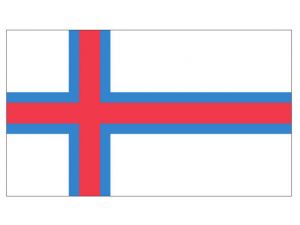Language/Faroese/Vocabulary/Feelings-and-Emotions
Hi Faroese learners! 😊
In this lesson, we will learn the most important Faroese words related to feelings and emotions. We will learn how to express our feelings in Faroese, and how to understand the feelings of others.
Learning Faroese can be a great way to connect with people from the Faroe Islands and other Faroese-speaking countries. It can also help you to better understand the culture and customs of the Faroe Islands.
In this lesson, we will focus on the Faroese words related to feelings and emotions. We will learn how to express our feelings in Faroese, and how to understand the feelings of others.
Feelings and Emotions in Faroese
Here is a table with some of the most common Faroese words related to feelings and emotions:
| Faroese | Pronunciation | English Translation |
|---|---|---|
| glaður | /ˈɡlaðʊr/ | happy |
| sorgarfullur | /ˈsɔrgɐrfʊlʊr/ | sad |
| óttaður | /ˈoːttɐðʊr/ | scared |
| óður | /ˈoːðʊr/ | angry |
| álvur | /ˈɔːlvʊr/ | surprised |
You can use these words to express your feelings in Faroese. For example, if you are feeling happy, you can say "Ég eri glaður" (I am happy).
You can also use these words to understand the feelings of others. For example, if someone says "Ég eri sorgarfullur" (I am sad), you can understand that they are feeling sad.
Practice
To improve your Faroese Vocabulary, you can also use the Polyglot Club website. Find native speakers and ask them any questions!
➡ If you have any questions, please ask them in the comments section below.
➡ Feel free to edit this wiki page if you think it can be improved. 😎

